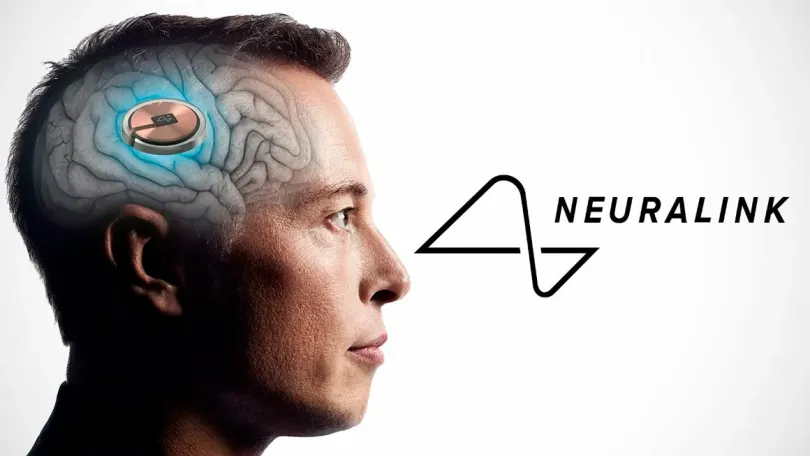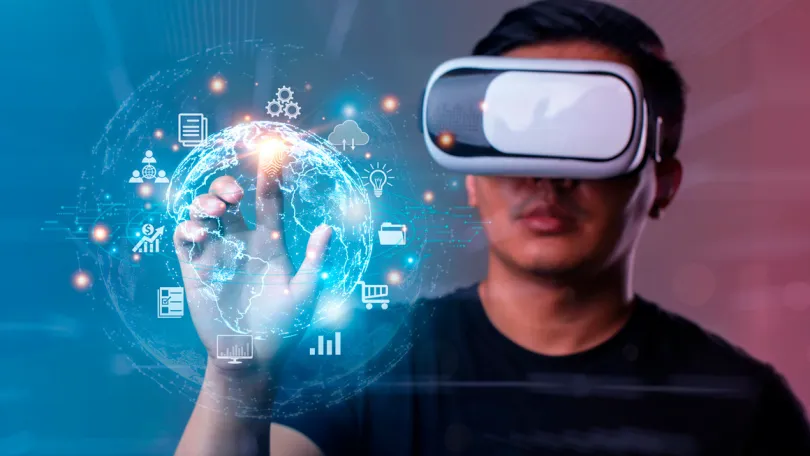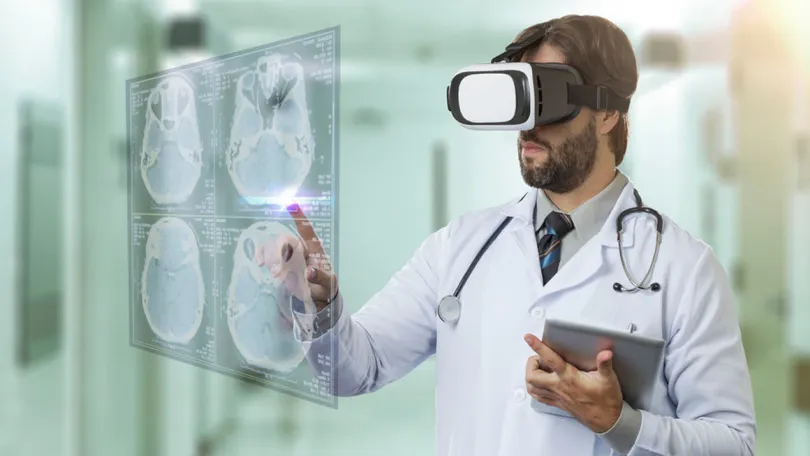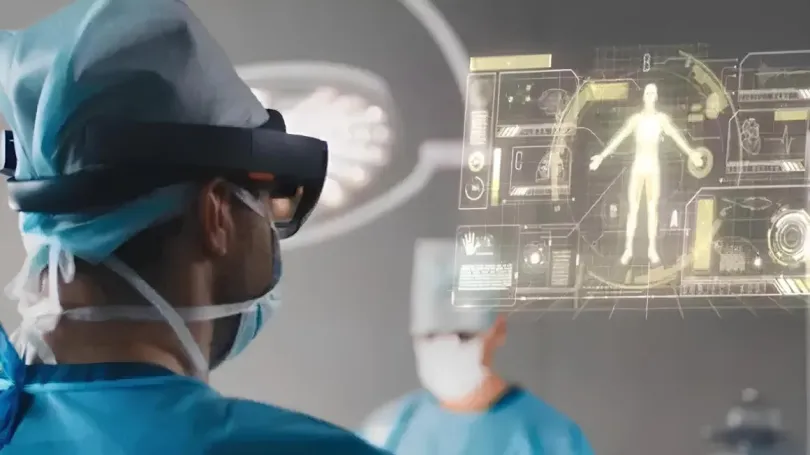The term "Medicine" in the context of cryptocurrencies and blockchain technology reflects the innovative applications of decentralized systems in the healthcare sector. This emerging field is gaining traction as it enables more transparent and efficient processes, addressing a variety of challenges faced by traditional medicine.
Blockchain technology offers a secure and immutable way to store and share medical records. This feature is particularly beneficial in ensuring patient privacy while enhancing data accessibility among healthcare providers. By using blockchain, patients can take control of their own medical information, granting access to hospitals or specialists as needed, thereby improving the overall quality of care.
In the realm of pharmaceuticals, blockchain can streamline the supply chain, ensuring that medications are authentic and safely distributed. This approach tackles issues such as counterfeit drugs, which pose significant risks to patient safety. Bottom line, integrating blockchain into the pharmaceutical industry can significantly enhance trust by providing transparency and traceability from manufacturer to consumer.
Another area where the concept of "Medicine" plays a crucial role is through the rise of decentralized applications (dApps) that cater specifically to healthcare needs. These applications can range from telemedicine solutions to platforms for tracking clinical trials. Patients can participate in their health journeys more actively, utilizing smart contracts to automate certain processes based on their health conditions.
In terms of financing, the introduction of blockchain-based tokens specifically aimed at healthcare initiatives allows for fundraising through Initial Coin Offerings (ICOs) or Security Token Offerings (STOs). This enables innovative start-ups in the healthcare sector to access the necessary capital for development while also engaging with a community of investors interested in advancing medical technology.
Furthermore, digital currencies like Bitcoin and Ethereum are now being adopted by healthcare professionals for payments, allowing for faster transactions with reduced fees when compared to traditional banking systems. As the ecosystem continues to evolve, practitioners and patients can both benefit from the convenience and efficiency that digital currencies provide.
As you explore this exciting intersection of technology and healthcare, be sure to stay informed about the latest developments in the "Medicine" landscape. For more insights and updates, visit our site, where you can find the latest news on this topic. The future of healthcare is seemingly poised to blend seamlessly with blockchain technology, promising a more inclusive and efficient system for all.
Medicine news
Trending news
- Artificial Intelligence (AI)
- Altcoins
- Bitcoin
- DeFi
- Ethereum
- Economy
- Market and Events
- Metaverse
- Mining
- NFT
- Regulation
- Web3
- show less






















